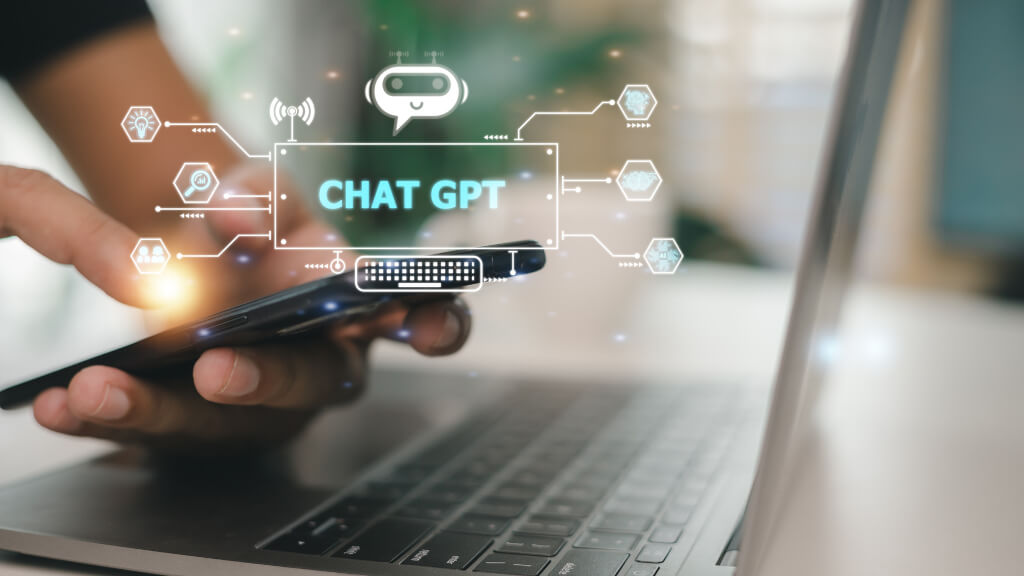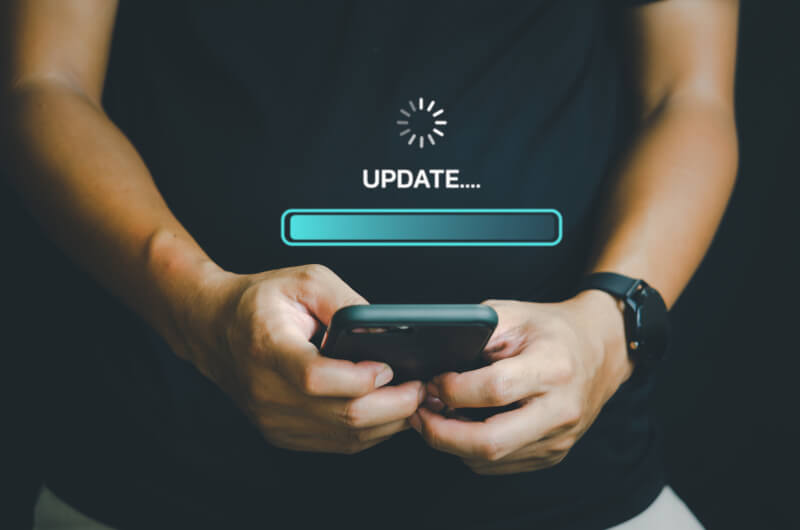In a world growing increasingly reliant on AI, OpenAI’s ChatGPT’s widespread adoption has sparked heated debate. This AI technology has grown rapidly and is witnessing a revolution across many different industries at present because of its limitless potential. Despite this universal appreciation for its capabilities, there is growing fear about job losses and the effect technology will have on society.
The Effects of AI on Society Have Both Positive and Negative Sides
Goldman Sachs estimates that 300 million full-time jobs could be lost around the world if AI technologies like ChatGPT become widely adopted. In light of these alarming numbers, the question of whether or not ChatGPT is genuinely dangerous to consumers emerges naturally.
ChatGPT has allowed AI to demonstrate powers hitherto unseen. By drawing on the patterns it has learned from its huge data training, it can act as a chatbot by predicting the words that will come after a given one in a given text. Despite its ability to mine vast amounts of data and produce the desired results, this breakthrough continues to draw criticism for its potential consequences.
Challenge Yourself With the Emotional Quotient Test
One major limitation of AI systems like ChatGPT is their inability to understand and connect with consumers on an emotional level. Even when exposed to large and varied datasets, emotional AI still tends to oversimplify human expressions, missing out on important cultural details. This is feasible even when the datasets are large enough to represent a broad spectrum of sentiments. While this may indicate that AI can mimic human interaction to some degree, it clearly cannot equal the depth and nuance of human emotional perception just yet.
What Benefits or Drawbacks Do AI Have for the Classroom?
The debate over AI extends into yet another field: teaching. Supporters of AI argue that kids will have access to more information thanks to technological advancements, while opponents are worried about the potential for abuse and the impact on young minds’ capacity for creative problem-solving. To what extent should artificial intelligence systems like ChatGPT be integrated into educational settings, and should the sanctity of human connection in teaching contexts be safeguarded, is an additional crucial topic that arises in this context.
Humanity’s Unique and Extraordinary Impact
What is the use of humans in a future where hours of work can be performed by AI in a matter of moments? This is an increasingly pressing existential topic as ChatGPT and other types of artificial intelligence continue to progress.
Even though ChatGPT can make text that sounds like it was written by humans and perform specific tasks rapidly, it is important to remember that the human aspect cannot be replicated by software. The ability to empathize with others and to make decisions based on both logic and emotion are strengths that humans bring to the table that artificial intelligence does not yet have. While AI can streamline business processes and reduce overhead expenses like salaries, it still can’t match the unique perspective and empathy that people bring to the table.
Who Am I Friends With/Foes With?
ChatGPT’s future is up in the air, which is both a blessing and a curse. Technology can be a friend because it boosts productivity and gives useful information, but it can also be an adversary if it leads to increased unemployment and fewer employment opportunities.
When talking to young people in South Africa about the implications of artificial intelligence technologies like ChatGPT, it’s important to keep an open mind. Although we should not discount AI’s potential, we also must not downplay the value of human ingenuity, empathy, and morals. Therefore, we should let these factors inform our decisions as we continue to develop AI.
It will be difficult to determine whether ChatGPT is a friend or foe. It requires us to systematically assess the benefits and dangers of AI and to craft our common future responsibly. These discussions will become increasingly important as we continue to work with AI to ensure it is developed with human interests in mind.
In South Africa, a nation rich in diversity, the AI revolution led by technologies like ChatGPT brings forth a unique set of advantages and challenges. To navigate this terrain effectively, it’s crucial to evaluate the pros and cons in the context of South Africa’s unique socio-economic and cultural landscape.
Benefits
1. Educational Opportunities
ChatGPT offers a wealth of knowledge at one’s fingertips. It can be an invaluable tool in South African schools, particularly in rural areas where access to quality educational resources may be limited. ChatGPT, with its vast knowledge base, can supplement classroom teaching and assist students in understanding complex topics.
2. Healthcare Accessibility
In the healthcare sector, ChatGPT can revolutionize the delivery of medical services, particularly in remote areas. It can provide preliminary diagnoses, and health advice, or streamline administrative tasks, thereby increasing healthcare efficiency and accessibility.
3. Increased Productivity
In business settings, ChatGPT can enhance productivity by automating repetitive tasks, freeing up human workers to focus on more critical, strategic areas. It can facilitate efficient customer service, data analysis, and even content generation, making it a valuable tool for South African businesses.
Drawbacks
1. Job Displacement
While automation increases efficiency, it also threatens jobs, particularly routine or manual roles. Goldman Sachs’ prediction that AI like ChatGPT could lead to the loss of 300 million jobs worldwide is concerning in the South African context, which already grapples with high unemployment rates.
2. Socio-cultural Nuances
AI tools like ChatGPT operate on algorithms that often oversimplify human emotion and cultural nuances. Given the rich diversity and intricate social fabric of South Africa, an AI tool like ChatGPT might struggle to provide culturally sensitive and emotionally accurate responses.
3. Digital Divide
While AI can provide immense benefits, it’s crucial to consider the digital divide. A significant portion of South Africa’s population lacks reliable access to the internet and digital literacy. Therefore, the benefits of AI like ChatGPT may remain out of reach for many, potentially exacerbating socio-economic disparities.
While ChatGPT holds substantial promise for improving various aspects of life in South Africa, it also presents significant challenges that need to be addressed. Balancing the benefits against the drawbacks requires nuanced policies, thoughtful implementation, and ongoing evaluation to ensure AI technologies serve as a tool for progress rather than a source of socio-economic division.
About The Author:
Sipho Khumalo is Africa Nova’s lead science and technology journalist. He has a background in computer science and a passion for tech start-ups and the latest tech trends across Africa. Sipho has previously written for renowned tech journals and uses his expertise to analyze and report on Africa’s tech scene.




